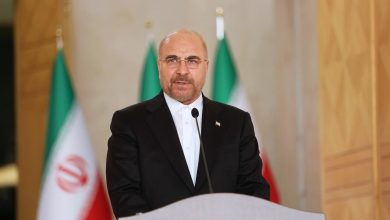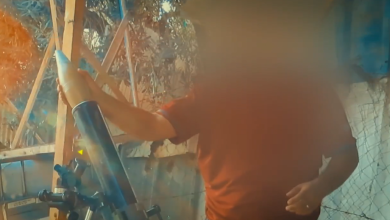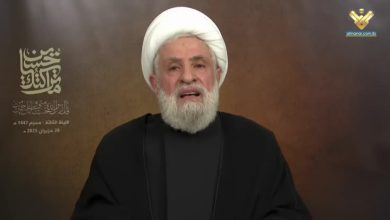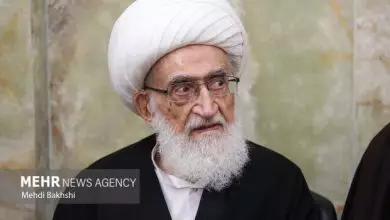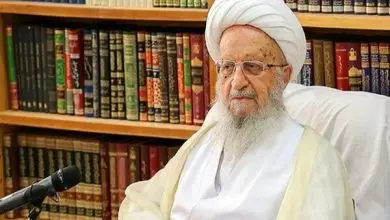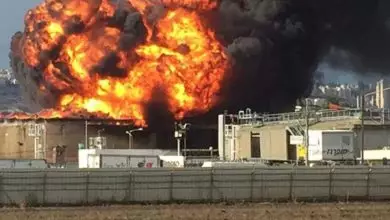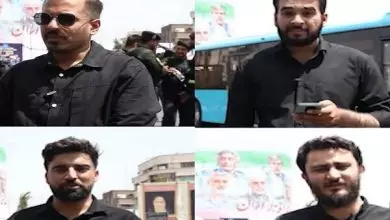Lebanon’s parliament elected Aoun as president, concluding a two-year political stalemate
In a significant political development, Lebanese lawmakers have appointed Army Chief Joseph Aoun as the nation’s new president, effectively concluding a protracted two-year political stalemate in the economically challenged Arab state.
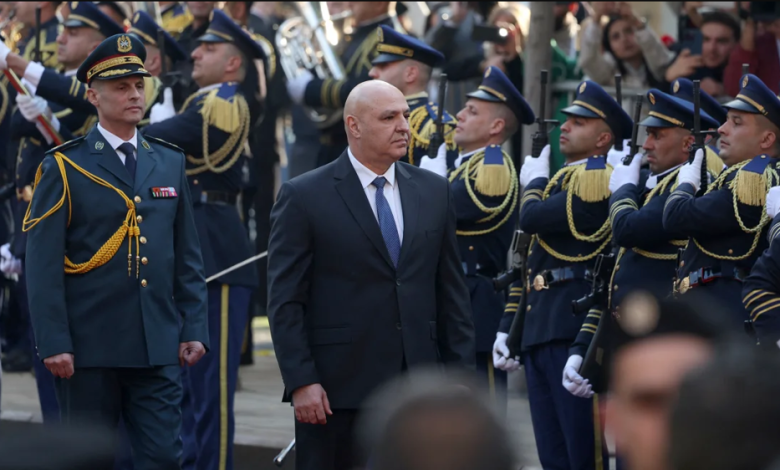
On Thursday, lawmakers elected Aoun as the new president following two rounds of voting in Lebanon’s 128-member parliament. The decision fills the presidential vacancy left since October 2022, when former President Michel Aoun’s term concluded. The newly-elected president has no ties to his predecessor.
Sixty-year-old political newcomer Aoun is broadly viewed as the preferred candidate of both the United States and Saudi Arabia. These nations are crucial financial backers for Lebanon as it endeavors to rebound from a 14-month-long Israeli bombardment, which predominantly targeted the southern regions of the Arab nation, the stronghold of the Lebanese Hezbollah resistance movement.
Hezbollah, following consistent exchanges of fire with the occupying regime from October 2023 until a ceasefire in November, had earlier endorsed Suleiman Frangieh, the head of a minor Christian political faction in northern Lebanon, as their favored candidate.
In a significant development on Wednesday, Frangieh officially withdrew from the presidential race, declaring his endorsement for Aoun. This move appears to bolster the prospects of the army commander ascending to the position.
In a significant political development, Michel Aoun clinched 99 votes out of 128 in Lebanon’s sharply divided parliament, receiving backing from a wide range of political factions, including both Hezbollah legislators and their adversaries. His election brings an end to a long-standing leadership deadlock that had impeded essential reforms and raised concerns about a potential wider collapse as the country grapples with multiple crises.
On Thursday, President Aoun officially resigned from his position as the 14th Commander of the Lebanese Armed Forces, a role he had held since 2017, following his election to the presidency. He arrived at the parliament to be sworn in, donning civilian clothing for the occasion.
Aoun faces the dual challenge of overseeing the enforcement of the US-mediated ceasefire agreement between Israel and Lebanon and forming a new government tasked with spearheading postwar reconstruction efforts.
In November, the World Bank released an initial evaluation estimating the physical damage and economic losses resulting from the war at $8.5 billion.
Reconstruction initiatives in Lebanon are expected to face significant challenges due to the nation’s ongoing economic turmoil. This crisis, which has persisted for five years, originated with a liquidity shortage in Lebanese banks. Consequently, Lebanon’s gross domestic product has plummeted by more than one-third during this period.
Ahead of Thursday’s parliamentary proceedings, the legislative body had made 12 unsuccessful attempts to elect a president over the course of the past two years.
Since October 2022, Lebanon, a small Mediterranean nation, has been operating without an official government, exacerbating a financial crisis that led to the country’s default on $30 billion in Eurobond debt approximately five years prior.
Lebanon’s intricate sectarian power-sharing system frequently faces gridlock, stemming from both political and procedural obstacles. The nation, grappling with ongoing crises, has witnessed several extended periods without a president, including the longest vacancy, lasting nearly two and a half years between May 2014 and October 2016. This stalemate concluded with the election of former President Michel Aoun.

